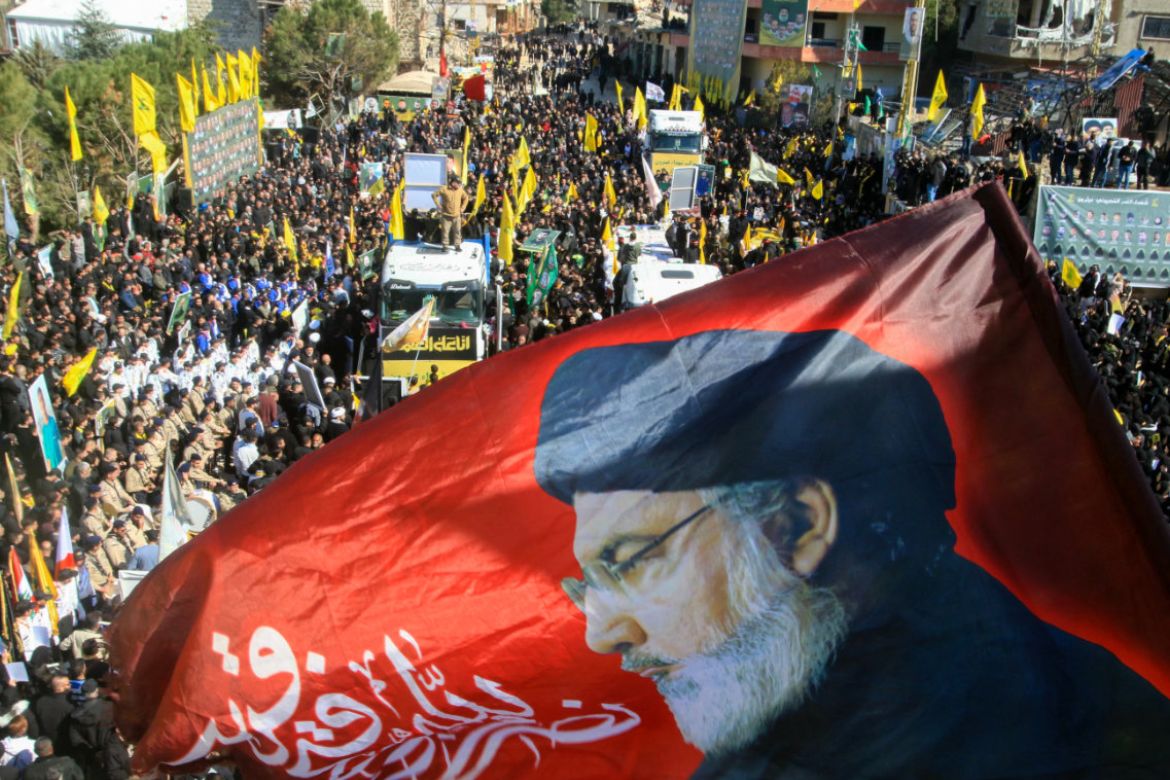On March 13, 2025, Hikmat al-Hajri, the spiritual leader of Syria’s Druze community, delivered a forceful denunciation of the transitional government in Damascus, led by President Ahmed al-Sharaa. This criticism comes despite recent efforts by the new administration to integrate various factions, including the U.S.-backed Kurdish-led Syrian Democratic Forces (SDF), into the national framework.
Sheikh Hikmat al-Hijri, the spiritual leader of Syria’s Druze minority, has launched a strong rebuke against the new authorities in Damascus, branding the government as “extremist and wanted by international justice.” His remarks come just a day after a deal was signed to integrate Druze militias into the state’s military structure.
As one of the most vocal critics of the post-Bashar al-Assad administration, Sheikh al-Hijri’s condemnation could complicate efforts to unify the country’s minorities, especially after recent mass killings on Syria’s west coast. The new government, led by President Ahmad al-Shara and heavily influenced by Hayat Tahrir al-Sham (HTS), has come under scrutiny for its treatment of minority groups.
Speaking to a Druze delegation in Suweida, Sheikh al-Hijri declared, “There is no accord with this government in Damascus. It is extremist in every sense of the word.” He further emphasized the Druze community’s rejection of any leniency towards those in power, highlighting their status as wanted individuals under international law.
HTS, classified as a terrorist organization by the UN, the US, and most Western countries, now plays a central role in Syria’s leadership after spearheading an offensive that removed Bashar al-Assad from power in December. This has raised concerns over the future of Syria’s religious and ethnic minorities, particularly after an estimated 1,400 Alawites were killed in HTS-led operations along the coast last week.
Despite Sheikh al-Hijri’s criticism, a group of Druze civil figures signed an agreement with a representative of President al-Shara on Wednesday, outlining the formal integration of armed factions into the Ministry of Defense. The deal also includes the reinstatement of salaries for government personnel and a directive for the Interior Ministry to take control of security matters in Suweida. Additionally, Druze militias occupying former regime compounds must vacate these sites to maintain civil order.
Sheikh al-Hijri has long advocated for a secular, civil state and warned against any imposition of Islamic rule. “Our goal is justice and law,” he stated, suggesting that the Druze community would pursue a path that aligns with their priorities and autonomy.
While the agreement with the government marks a step toward official recognition of Druze armed forces, its implementation remains uncertain. A source close to Sheikh al-Hijri described it as an “initial agreement” rather than a binding resolution, stressing that unresolved issues—such as high-level Druze representation in administrative roles—could delay progress.
Meanwhile, President al-Shara continues to navigate Syria’s complex sectarian landscape. He recently signed a constitutional draft establishing a five-year transitional period and brokered a separate deal with the Kurdish-led Syrian Democratic Forces (SDF) to de-escalate tensions in the resource-rich east. However, the ongoing conflict in Alawite-majority regions has cast a shadow over these efforts. Reports indicate that arbitrary killings persist despite an official halt to military operations, with thousands of civilians seeking refuge at a Russian airbase.
As Syria moves forward under new leadership, the Druze community’s stance remains a critical factor in shaping the country’s future. Whether the government can truly integrate and protect minority groups while maintaining stability remains to be seen.
The Druze leadership’s outspoken criticism underscores the challenges facing Syria’s transitional government in achieving national unity. The exclusion of minority voices from the political process risks deepening divisions and undermining efforts to establish a stable and inclusive governance structure. Addressing these concerns is crucial for the legitimacy and success of the new administration in navigating Syria’s complex sectarian landscape.



